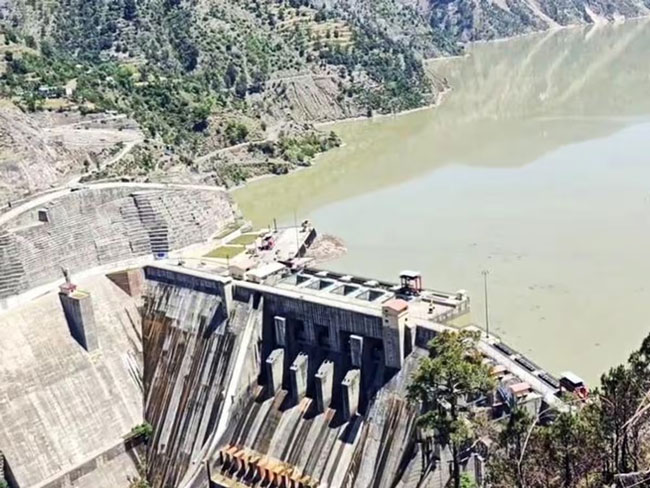Desk:Pakistan has raised strong objections to several Indian hydropower projects, particularly the Ratle and Kishanganga dams, alleging violations of the Indus Waters Treaty. It has approached international arbitration multiple times, claiming that India’s actions threaten the treaty’s framework. India, however, has consistently rejected these allegations, asserting that all projects comply with the treaty’s provisions.
Notably, the Kishanganga Dam was completed by India in 2017 and inaugurated by Prime Minister Narendra Modi in May 2018. However, construction faced several halts over the years, including in 2011 when Pakistan sought international arbitration to stop the project.
Natural Decline in Water Flow
India has, in recent years, called for a review of the Indus Waters Treaty, citing a natural decline in river flow rates through Kashmir. According to a report by the US-based Center for Strategic and International Studies (CSIS), there has been a significant reduction in freshwater availability in the Indus Basin over time.
High-Level Meetings and Strategic Moves
On April 30, Union Jal Shakti Minister C.R. Patil met Home Minister Amit Shah for the second time to brief him on the status of dams and reservoirs, along with the legal dimensions of suspending the treaty. Experts say that India’s push to complete these hydropower projects is not only a strategic move but also a major step toward energy self-reliance. If completed on schedule, these projects could significantly boost India’s green energy capacity and accelerate development in Jammu and Kashmir.




